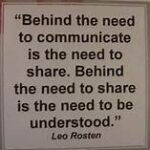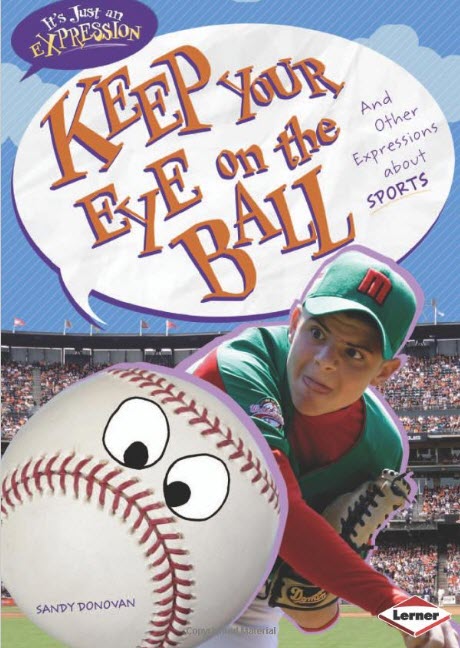
Do You Fumble on Idioms?
Americans use idioms in nearly every conversation without much thought. Non-native English speakers often struggle understanding idioms because they require a lot of background, contextual information. There are many categories of idioms from expressions using animals, food, and men and women among many more.Just Google “Categories of Idioms” and you’ll find a lot to choose from. One of my favorite categories and perhaps spoken frequently in the workplace is sports idioms. If you’re a native English speaker from the U.S., you probably understand most of these figures of speech even if you’re not a sports fan. But for most people from another country, these expressions can be very confusing. The listener may know nothing about the sport from which the idiom comes and may not be able to understand it in a business context.
Consider the following sentences:
• Do you think we can strike a deal with this company or is it out of our league?
• This is a no-win situation with Jerry. He’d like to call all the shots but I don’t think he’s playing with a full deck.
• Can you give me the game plan and run the numbers? I only need ballpark figures now but once we’re in the home stretch, I’ll need the precise numbers.
• Give me a blow by blow description of what occurred. We just might be below par on this activity.
We are less likely to say, “You have a reasonable possibility for success” than “You have a fighting chance.” Or, people don’t “do something seriously wrong,” they “drop the ball.” If English is a person’s second language, the meaning of these examples will be lost on them. Even native English speakers may be unclear about the exact meanings of less frequently used expressions like “horses for courses” (suitable for one person but not another) or “tale of the tape” (used when measuring things).
Are you sensitive to the idiomatic speech you use with people in the office? Do you consider the possibility that your listener may not understand? You could “keep them in the loop” by explaining their meaning when used, especially if you notice blank stares.
Do you need to brush up on your use of idiomatic speech? There is a wonderful book called Keep Your Eye On the  Ball by Sandy Donovan. Being familiar with these sports idioms and many others can increase your understanding significantly and help you take your English to a new level! You can also look for them in newspapers especially in the business sections. Look them up on the internet so you understand their meaning and then try them out! Idioms are colorful and make English more interesting and exciting. Using them also helps the non-native speaker sound more native if this is the goal.
Ball by Sandy Donovan. Being familiar with these sports idioms and many others can increase your understanding significantly and help you take your English to a new level! You can also look for them in newspapers especially in the business sections. Look them up on the internet so you understand their meaning and then try them out! Idioms are colorful and make English more interesting and exciting. Using them also helps the non-native speaker sound more native if this is the goal.
Properly using and understanding idioms is a high level language skill achieved well after a person masters grammar and vocabulary. Understanding this can help you to communicate better with your international colleagues and friends.
****************************
Do you struggle being understood because of a foreign accent? If you do, we offer an affordable accent modification membership. Check it out to see if you are a fit. Just by making a few modifications, you can improve your intelligibility significantly.
